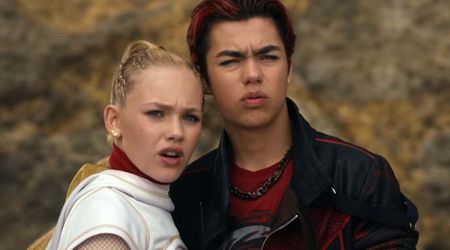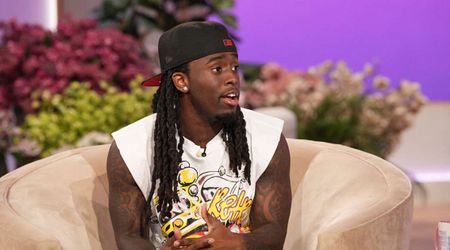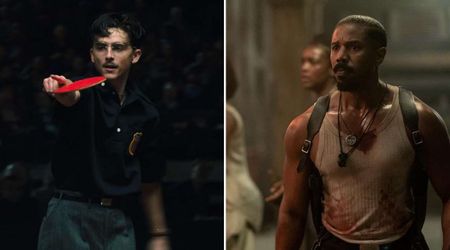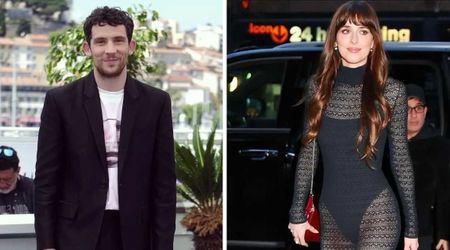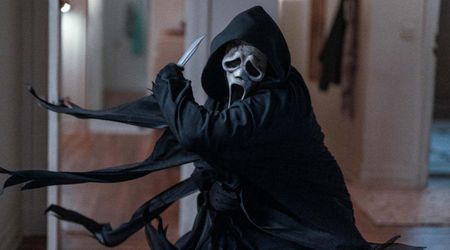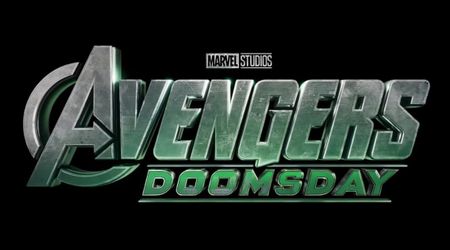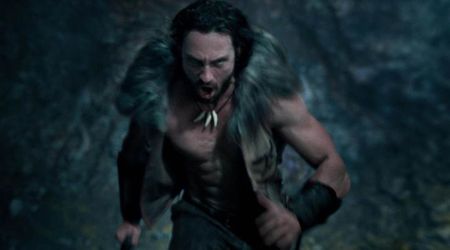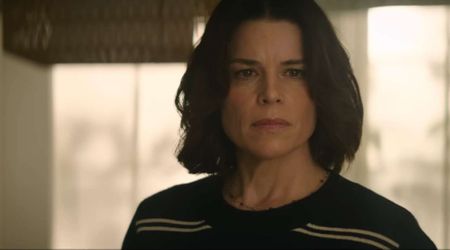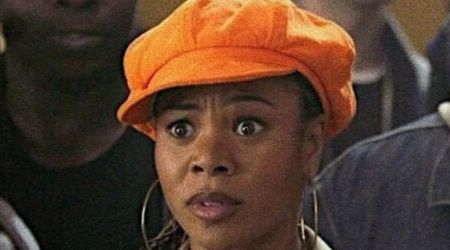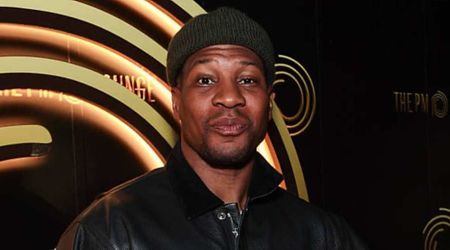Gen Z Reviews Classic Movies: 'Wizard of Oz' may inspire hope but it was an unreachable dream for Judy Garland

'The Wizard of Oz' was a 1939 musical fantasy produced by Metro-Goldwyn-Mayer, one of Hollywood's oldest film studios and certainly the entity that dominated the film industry in those early decades. But even they could not have predicted what a massive success 'The Wizard of Oz' would turn out to be, seeing as it was a simple movie of a young girl going on a magical journey and it starred 17-year-old Judy Garland, who despite being one of the studio's biggest money-makers was still rarely thought of as a "leading lady".
Garland was no stranger to show business, having begun her career at the age of two performing in vaudeville (variety entertainment) with her two older sisters before being signed to MGM when she was 13. Garland was signed without a screen test, after songwriter Burton Lane, at the behest of Louis B Mayer, went to the Orpheum Theater in downtown Los Angeles to watch the Garland Sisters' vaudeville act. So impressed were the MGM executives by Garland's talent that they signed her right away before they had any clue what to do with her: she was too young to play a leading lady and too old to play a child.
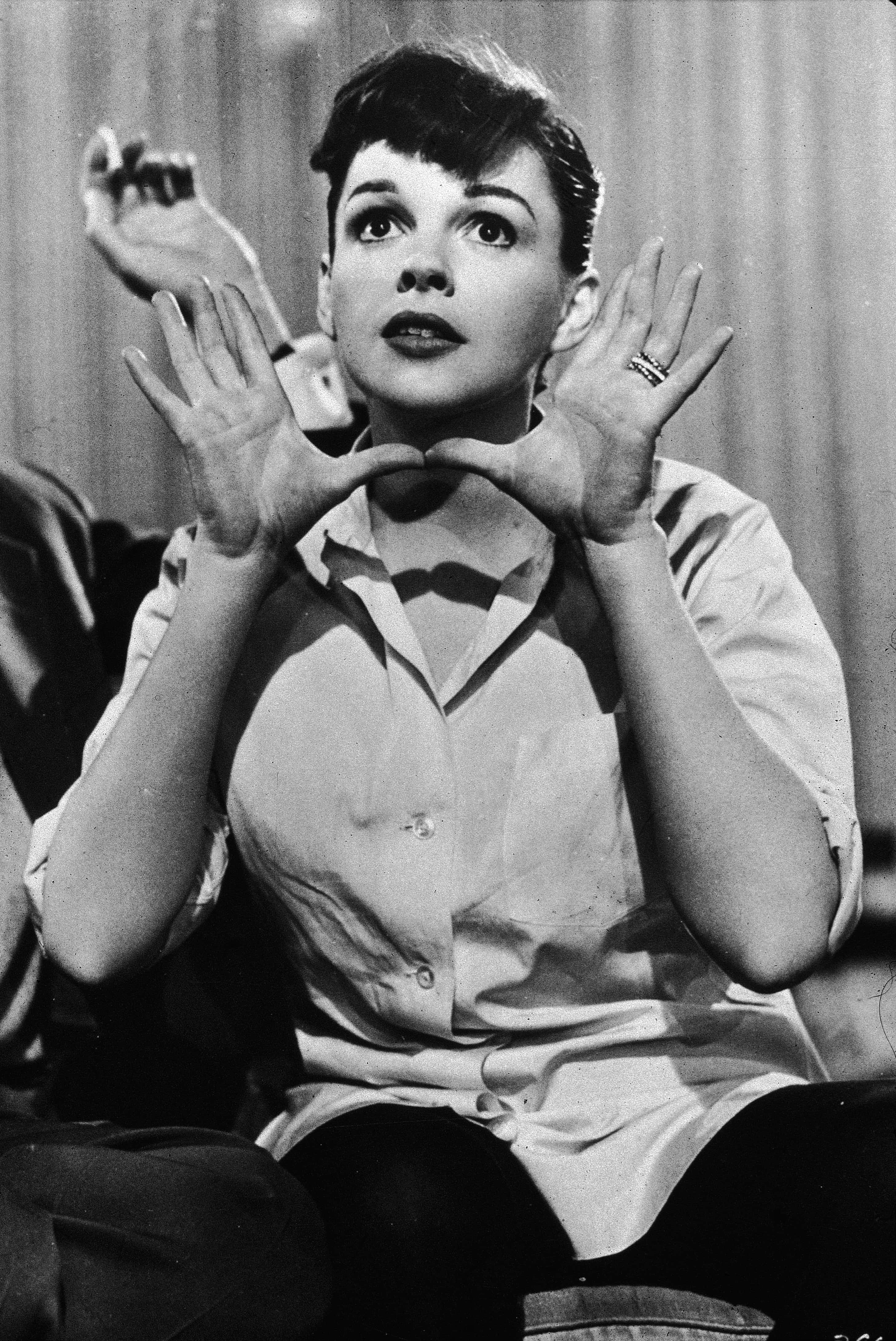
Right from the beginning, the studio's "issues" with Garland were apparent. They thought she was too short and not pretty enough, with Mayer often referring to her as his "little hunchback". The immediate rejection of her looks would have a lasting impact on Garland, who would go on to feel extremely self-conscious, insecure and anxious where her appearance was concerned.
To make Garland's appearance "work" for them, MGM would dress her in plain, frilly gowns to match the cute, girl-next-door persona they created for her, and they would reshape her facial features with removable caps on her teeth and rubberized discs on her nose. Garland would continue to be fitted with these until, at the age of 21, she was told by makeup artist Dotty Ponedel that she was "a pretty girl" who didn't need all the enhancements.
She would also be seen parodying the situation in her film, 'A Star is Born', with her co-star James Mason being the one who tells her she's pretty as she is. Garland was already a well-known actress by the time she starred in 'The Wizard of Oz'. She was most famous for the "backyard musicals" she did with fellow child actor, Mickey Rooney throughout the '30s.
But despite their extremely cheerful demeanor and energetic performances, what went on behind the scenes was nothing short of horrifying. Garland would reveal, years later, that MGM's young performers were kept on a steady flow of amphetamines to stay awake and keep up with the pace of making film after film, and barbiturates to put them to sleep when they were done.
Additionally, Garland, despite being a healthy weight, was considered "too fat" and put on diets that all but starved her. This cocktail of drugs and unhealthy eating would put Garland on the path to a lifelong addiction, one that would eventually contribute to her untimely demise. It additionally contributed to Garland's severe insecurities, which often left her needing approval and constant reassurance that she was, in fact, talented and attractive.
And it is against this backdrop that 'The Wizard of Oz' was filmed.
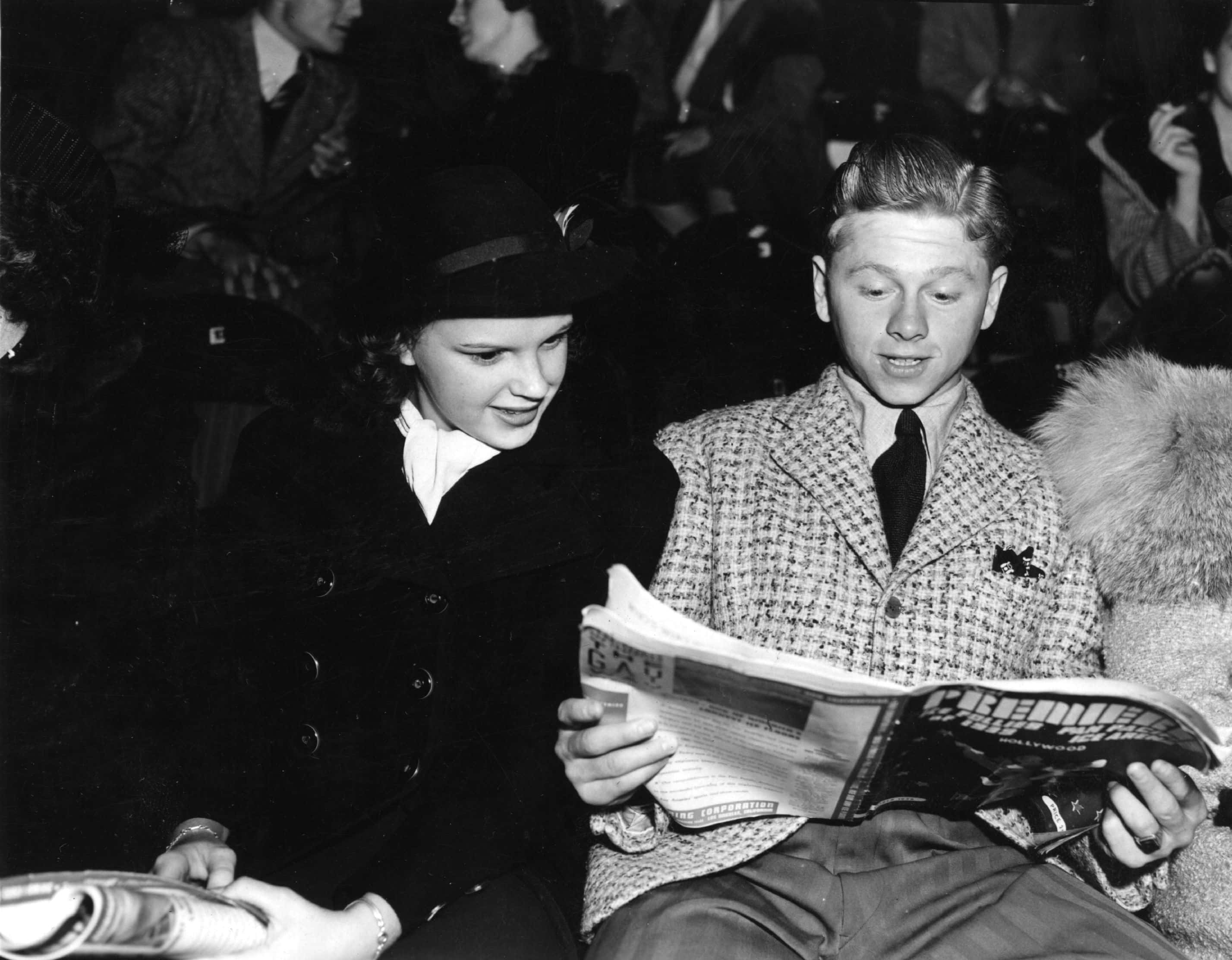
'The Wizard of Oz' was a magical tale. It saw a young female protagonist embark on a journey of self-discovery. Unlike other films of its time, this one didn't bother with romantic subplots or frivolous dance numbers: it focused entirely on its main girl as she found her own voice and forged her own path. The film gave audiences a strong female lead, but sadly, it's leading lady would not be afforded the same love by MGM.
While producers wanted Garland for the role right from the beginning, Mayer had his hopes set on Shirley Temple. After 20th Century Fox refused to let MGM have her, Mayer sought Deanna Durbin, who was unavailable. He finally relented and Garland was cast. She was forced into a strict diet and given tobacco to suppress her appetite. She was outfitted with her iconic blue gingham dress because it appeared to have a slimming effect on her and made her look younger. The intense filming schedule for 'The Wizard of Oz' was followed up with an even more intense promotional touring schedule, with kept Garland continuously busy.
'The Wizard of Oz' would go on to be a massive critical and commercial success, with Garland receiving an Academy Juvenile Award for her performances in 1939. Despite all the critical acclaim and praise Garland received in her career, this would turn out to be the only Academy Award she ever won, something that simply deepened her insecurities around her talent.
The movie itself, despite its success, would not turn a profit until its rerelease in 1940, owing to its massive production and promotion costs and discounted tickets sold to children eating up all its initial earnings. Nonetheless, 'The Wizard of Oz' went down in history as one of the greatest and most acclaimed films of all time, in addition to becoming an American pop culture icon and being named by the Library of Congress as "the most seen film in movie history".
In addition to its legacy, the film also helped pioneer several movie-making techniques, thereby making it an extremely important release for the entertainment industry itself. And beyond the visuals, the music of 'The Wizard of Oz' would manage to create its own legacy, with Garland's 'Over the Rainbow' becoming one of the most beloved songs ever.
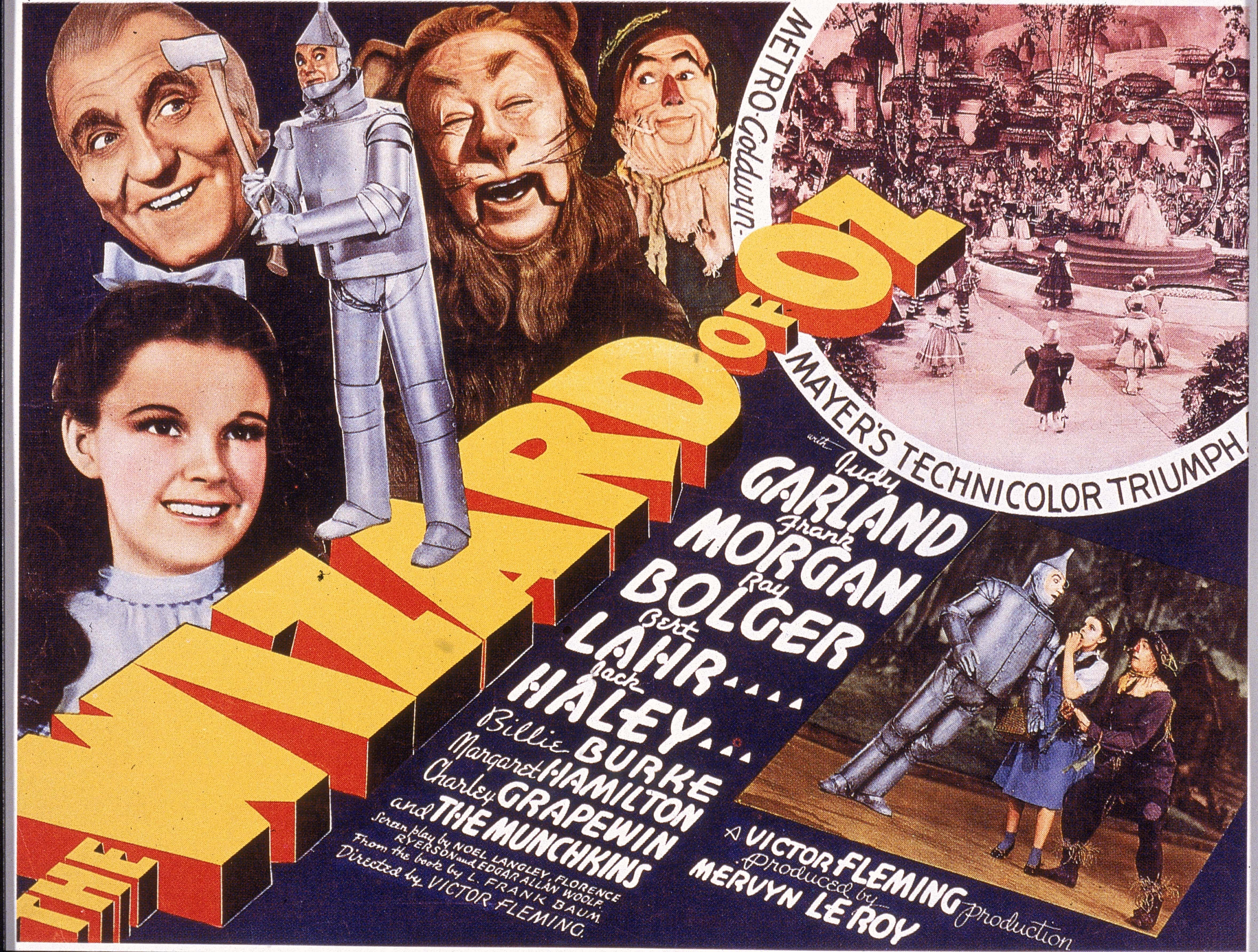
The song and movie have since come to represent the struggles of regular folk who wanted nothing more than to find their happiness at the end of the rainbow. But more importantly, the movie became extremely important to the LGBTQIA+ communities. For some, the movie felt like the perfect metaphor for the experiences of gay men who left middle America in favor of the gay communities of New York City and San Francisco.
Garland's presence further added to its importance to queer communities. After all, she held an extremely important space as a gay icon, with The Advocate once declaring her "an Elvis for homosexuals." 'Over the Rainbow' would go on to be one of several reasons for the rainbow flag being chosen to represent the gay community, and over time, the slang term "Friend of Dorothy" came to be used as a coded way for gay people to identify one another. And as such, the gay community is a major factor in why the movie has remained so popular, nearly a century later.
For all its importance, however, the song's most lasting legacy is what it told the world about Garland herself. Her stunningly emotive vocals told a tale of a young girl's dream of finding a distant land, just over the rainbow, that was filled with joy and peace, so beautifully. But the song's legacy took a much darker tone when Garland revealed the abuse she was dealing with behind the scenes.
Suddenly, the song went from the bittersweet ramblings of a teen trying to navigate a confusing, sometimes cruel world, to the very real tale of a young actress hoping against hope that there was something beautiful on the other side of the hell she was living. The shiny veneer of Hollywood fell apart when Garland reminded the world that it was, in fact, a farce, one that disproportionately hurt the most vulnerable among its ilk.
And Garland went from being the beloved girl-next-door to a cautionary tale of how a young, promising actress had her innocence and joy robbed from her simply because she dared to dream of being a star.
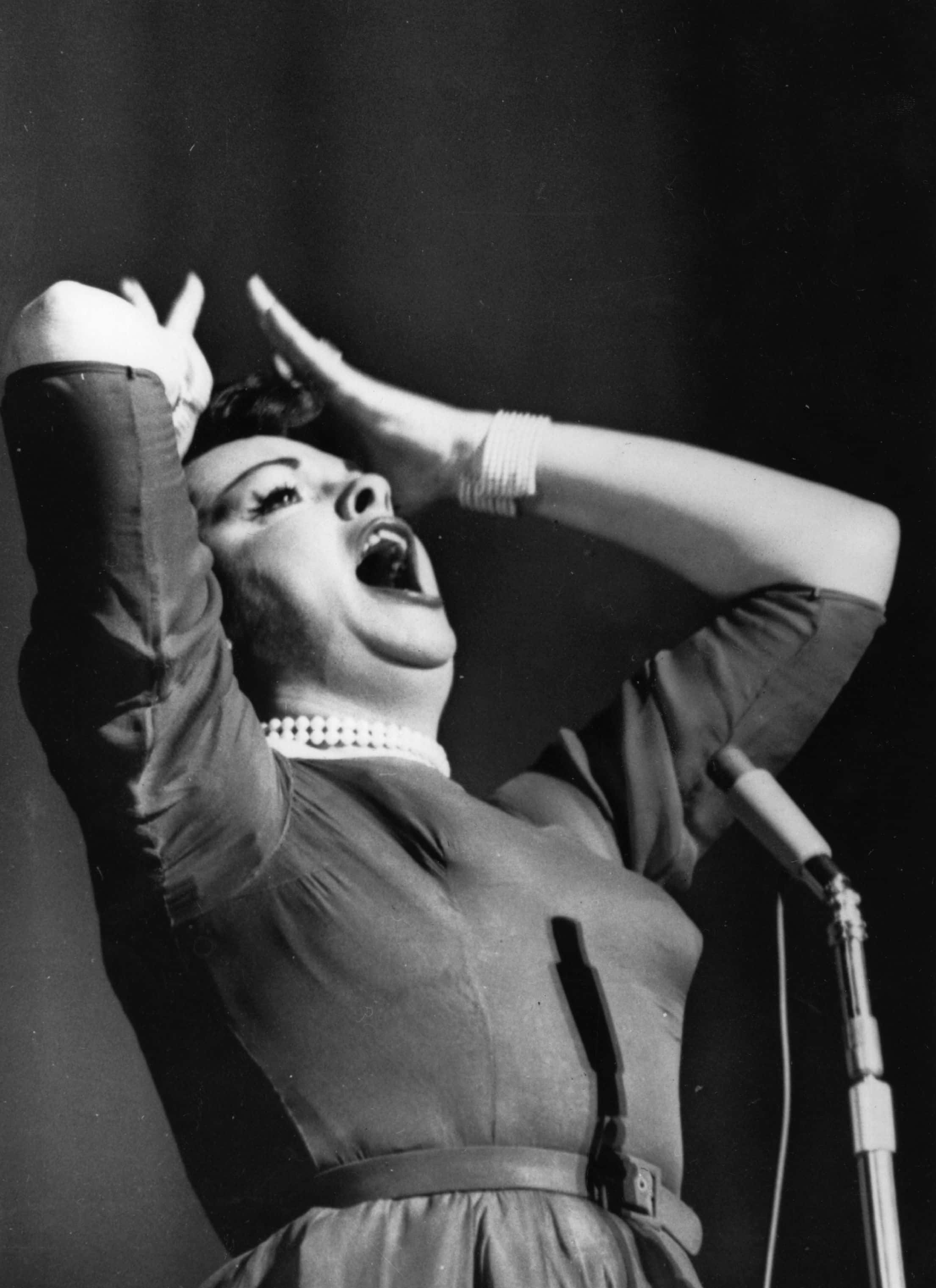
While she performed the song in all her concerts, Garland only performed 'Over the Rainbow' twice during her 14 years of television appearances. The first was as the finale of her first special in 1955, an episode of the 'Ford Star Jubilee' titled 'The Judy Garland Special'. Dressed as the tramp character from her film 'Easter Parade', Garland delivered a solemn, mournful version of the song so heartbreaking, that she herself couldn't hold back her tears.
And this, perhaps, is the greatest representation of what 'The Wizard of Oz', one of the most inspirational films for those among the audience who find themselves down-trodden and oppressed, ultimately meant for Garland herself: it was her most iconic role that gave us her most iconic song, yet its legacy devolved into one heartbreaking moment of Garland, in costume, crying as she softly yearned to be "somewhere over the rainbow".
'Gen Z Reviews Classic Movies' is a column that revisits some of the greatest films of all time and discerns how they hold up decades later

